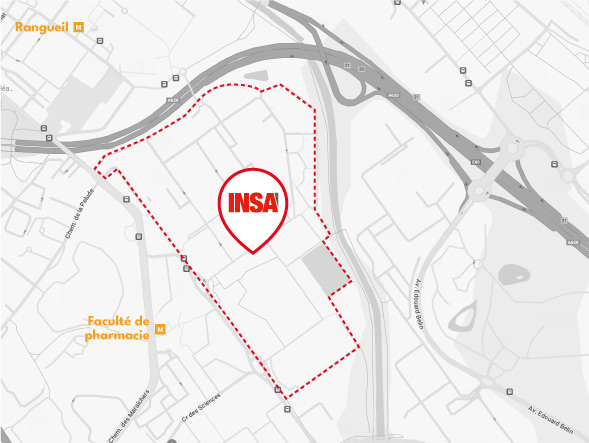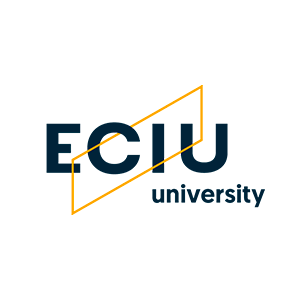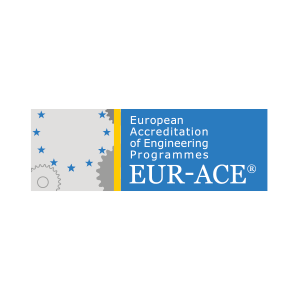Microbiology :
– Cell biology of microorganisms: General aspects of the microbial world, Prokaryotes: structure and function, Eukaryotes: structure and function, Nutrition and growth, Viruses.
– Classification: Principles of classification, Identification methods, Overview of the microbial world.
– Industrial applications: Industrial microbiology, Water treatment and microorganisms, Negative implications of microorganisms.
Microbiology
Description
Objectifs
At the end of this module, the student should have understood and be able to explain (main concepts): Structure of prokaryotes and eukaryotes. Reproduction. Nutrition. Notion of metabolism. Growth and counting. Classification, identification and industrial applications of microorganisms.
The student should be able to:
Describe microbial diversity and its role in natural cycles. Present the structures and functions of cellular components. Grow and count microorganisms. Master the investigative methods used to classify and characterise organisms. Describe the products of industrial microbiology and water treatment techniques.
Pré-requis
I2BEBS10 Structural biochemistry of carbohydrates, lipids and proteins.
Évaluation
L’évaluation des acquis d’apprentissage est réalisée en continu tout le long du semestre. En fonction des enseignements, elle peut prendre différentes formes : examen écrit, oral, compte-rendu, rapport écrit, évaluation par les pairs…
En bref
Crédits ECTS :
Nombre d’heures :

INSA Toulouse
135 avenue de Rangueil
31077 Toulouse cedex 4
Tél : 05 61 55 95 13
Fax : 05 61 55 95 00

Dans un souci d'alléger le texte et sans aucune discrimination de genre, l'emploi du genre masculin est utilisé à titre épicène.











